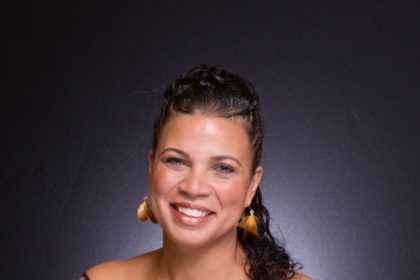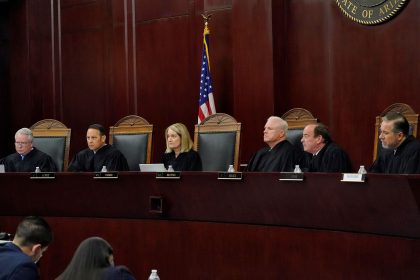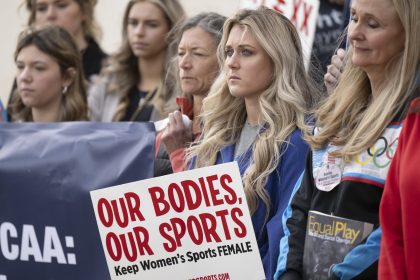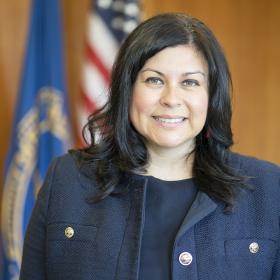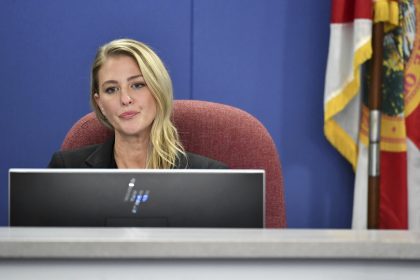Virginia’s Governor Removes Protections for Transgender Public School Students
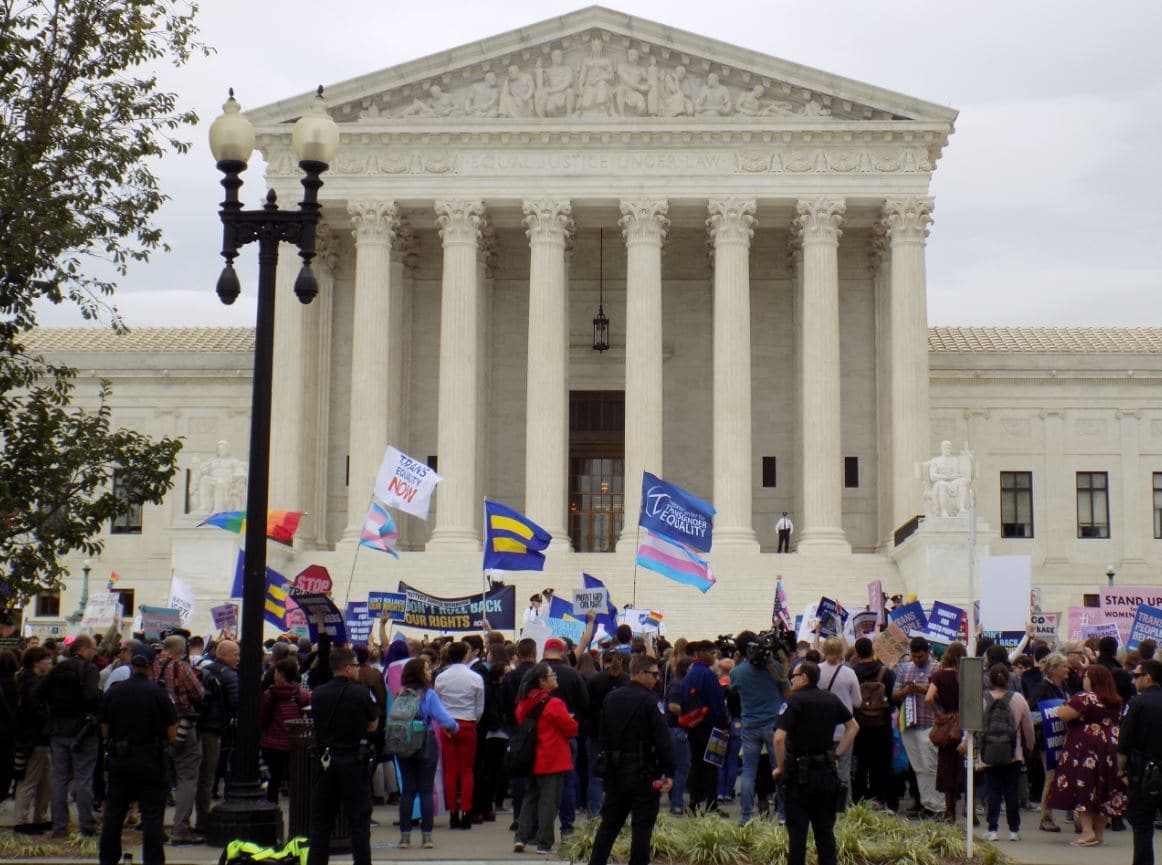
RICHMOND, Va. — Virginia’s governor is facing threats of a major civil rights dispute after he announced this month that the state’s schools will no longer be required to accommodate special requests for transgender students.
All students will be allowed to access only the facilities and programs that match their gender at birth under the new policy.
Teachers will not be required to refer to transgender students by their preferred names or genders. In other words, teachers will not need to refer to previously male transgender students as “she” or “her” if the gender references violate “their constitutionally protected” free speech, the “model policies” say.
In addition, the Department of Education is requiring that parents submit legal documentation to prove the need for their children to change their names or genders for school activities.
If students start showing signs of homosexual behavior, the policy says teachers would not be allowed to avoid disclosing it to parents who ask.
The policies will take effect Oct. 26 after a 30-day public comment period.
“These 2022 model policies reflect the department’s confidence in parents to prudently exercise their fundamental right under the Fourteenth Amendment and the Virginia Constitution to direct the upbringing, education, and control of their children,” the guidelines say. “This primary role of parents is well established and beyond debate. Empowering parents is essential to improving outcomes for children.”
The policies of Republican Gov. Glenn Youngkin reverse the policies of his Democratic predecessor, Ralph Northam. The previous guidelines published last year required that transgender students be granted access to bathrooms and locker rooms that match their gender identities, regardless of what it was at birth.
Students also could participate in sports based on gender identity under the old policy. Teachers were required to use the students’ preferred gender pronouns.
Youngkin administration officials wrote that Northam’s policies “disregarded the rights of parents” and “have no further force and effect.”
Both governors said their guidelines were adopted to comply with a 2020 state law that required the Virginia Education Department to develop policies to protect transgender students.
The law does not give details of what the policy should be. It says only that it should “address common issues regarding transgender students in accordance with evidence-based best practices and include information, guidance, procedures, and standards … ”
Youngkin’s 20-page document entitled “Model Policies on the Privacy, Dignity and Respect for All Students and Parents in Virginia’s Public Schools” says the guidelines were developed to comply with the 2020 law.
Virginia Democrats responded with criticism.
Delegate Marcus Simon tweeted, “These new policies are cruel and not at all evidence based.”
Youngkin’s directive appears to conflict with recent federal court judgments that upheld protections for transgender persons.
A 2020 U.S. Supreme Court decision in Bostock v. Clayton County held that civil rights law protections cover transgender people. Also in 2020, the U.S. Court of Appeals for the Fourth Circuit ruled that a transgender student could use a high school boys’ bathroom, despite a school board policy that banned it.
The Fourth Circuit is based in Richmond, Virginia.
Tom can be reached at [email protected] or on Twitter at @tramstack.


















